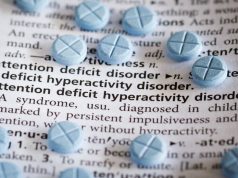For every hour of shifted sleep, an associated 11.1 percent increase in risk of diagnosed heart disease
WEDNESDAY, June 7, 2017 (HealthDay News) — “Social jet lag,” a mismatch between the body’s biological clock and actual sleep pattern due to social activities is associated with adverse health effects, according to research presented at the annual meeting of the Associated Professional Sleep Societies (SLEEP 2107), held from June 3 to 7 in Boston.
Researchers evaluated 984 adults, ages 22 to 60, asking about their sleep duration and sleep quality on weekdays and weekends. They also asked about any insomnia and about their general health.
The team found the disrupted sleep pattern to be linked with cardiovascular disease, depression, fatigue, and daytime sleepiness. With every one hour that sleep is shifted, there was an associated 11.1 percent increase in risk of diagnosed heart disease. Each one-hour shift was also linked with a 28.3 percent higher likelihood of people reporting their health as poor or fair compared to excellent.
“Social jet lag in a community sample is associated with race/ethnicity, income, education, employment, sleep duration, and insomnia,” the authors write. “Adjusting for these, social jet lag is associated with poorer health, heart disease, worse mood, and increased sleepiness and fatigue.”
Copyright © 2017 HealthDay. All rights reserved.








